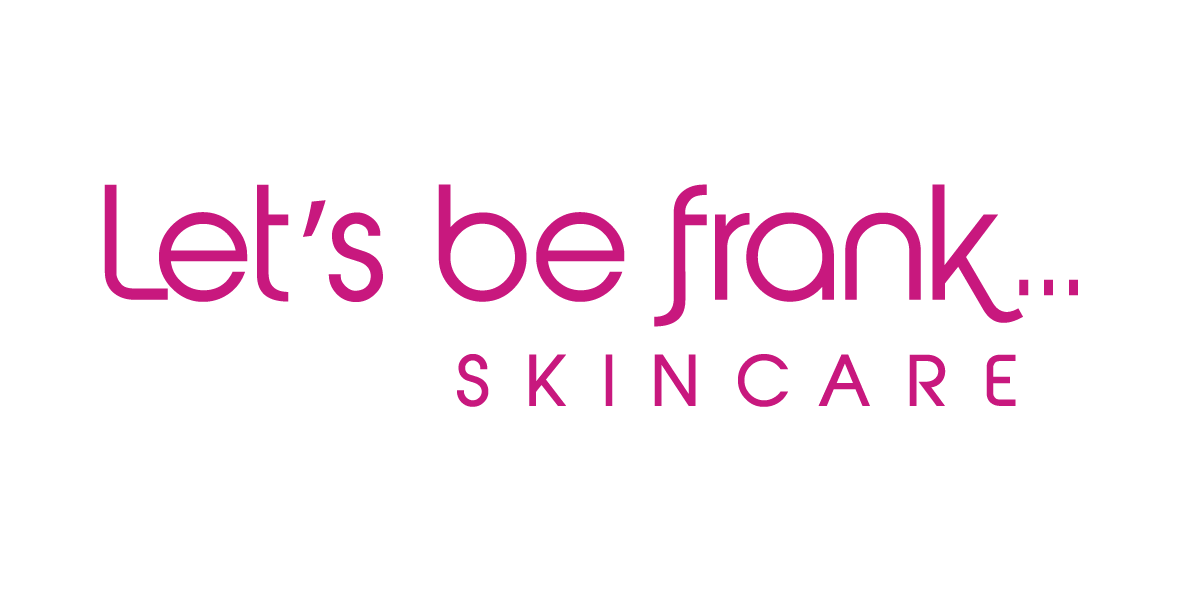








Wave goodbye to dry skin! Our hydrating face serum isn’t just a drink for your skin, it’s a fountain of youth in a bottle, ensuring you radiate and shine brightly every day. Soak it up, lock in the moisture and go! Specifically formulated for menopausal, perimenopausal and postmenopausal skin, it boosts collagen production, deeply hydrates, and combats environmental stressors, leaving your skin radiant and youthful.
Benefits
How to Use
Key Ingredients
Product information
Frequently Asked Questions
Please check out the questions and answers below. You can also reach out to our customer service team here or you can email us directly at: info@letsbefrankskincare.com.How do I know if I am in perimenopause / menopause?
Menopause refers to the end of a woman's menstrual cycles and is diagnosed when she has gone 12 consecutive months without a menstrual period. Perimenopause is the transition period before the menopause.
What are some of the common skin concerns for menopausal skin?
There are numerous skin concerns that women can experience at during menopause which include: dryness, redness, sensitivity, uneven skin tone and pigmentation, loss of firmness and elasticity, and dullness and lack of radiance. Our Menopause Skincare range addresses all these common concerns.
What products are best for my skin?
Depending on your skincare concerns you should select products for that concern. You may also like to try complimentary products for your hair or body as well?
Do I need to use all the products in the range?
The Let’s be frank skincare range has been designed to be used together for the greatest benefit however all products can be used individually and offer their own benefits.
Can I continue to use the Let’s be frank range if I have already gone through menopause?
Yes absolutely. The Let’s be frank skincare range offers benefits for those going through perimenopause, menopause and beyond. All products offer benefits for a more mature skin.
1. International Shipping
We offer international shipping services, with delivery times estimated between 10 to 30 days. However, please note that this is only an estimate, and customs or other factors outside of our control may cause delays. Shipments are handled by third-party shipping providers, and tracking information will be provided to you once the item has been shipped. Additionally, international shipments may require the recipient to pay import duties or taxes.
2. Local Shipping (within Australia)
For orders within Australia, shipping is free when your purchase exceeds AUD$150. Under normal circumstances, local shipping takes between 3 to 7 working days. Please understand that this is an estimate, and third-party shipping providers handle our deliveries. We will package your order on the same day it's placed, and tracking information will be sent to you to monitor your order's progress.
3. Shipping Terms
All items listed in our store are available for order, including those that may not be in stock at our warehouse. Pre-ordered items will be delivered as soon as they become available. Please note that our shipping rates may change due to promotions or external factors. Shipping timelines are based on estimations and subject to delays caused by customs or other unforeseen circumstances.
4. Return Shipping and Refunds
If you need to return a product, please send it to our warehouse at 1-3 McCauley Street, Alexandria NSW Australia 2015. You are responsible for paying your own return shipping costs, and these are non-refundable. In the case of a refund, the cost of return shipping will be deducted unless stated otherwise. For items valued over $75, we recommend using a trackable shipping service or purchasing shipping insurance.
5. Contact Information
For any questions or concerns, feel free to reach out to us at info@letsbefrankskincare.com. We strive to respond as quickly as possible. Our head office is located at 3 McCauley Street, Alexandria, NSW Australia 2015. We appreciate your support and are thankful for your business.
Returns Policy
We will always try to do the very best for our customers.
Our policy lasts 15 days after receipt of your order. Within those 15 days, you need to have contacted us to advise us of your need to return the item for a potential refund, exchange or credit. The item will then need to be returned to us as soon as possible thereafter at your expense.
If 15 days have gone by since receipt of your purchase and you have not made contact with us via email, unfortunately, we can’t offer you a refund or exchange.
Please note - there are no Returns, Refunds or Exchanges or Credit given to SALE items.
However, we understand that due to slower shipping and delivery times, returned items will often take time. Please do not worry, and simply contact us directly within the 15 days to advise us of your issue at info@letsbefrankskincare.com to advise us of your intent, and we will work with you on that basis.
To be eligible for a return, your item must be unused and in the same condition that you received it. It must also be in the original packaging.
Several types of goods are exempt from being returned. Perishable goods such as food, flowers, newspapers or magazines cannot be returned. We also do not accept products that are intimate such as bodysuits, underwear, swimsuits, make-up or sanitary goods, hazardous materials, or flammable liquids or gases.
Additional non-returnable items:
- Sale Items
- Gift cards
- Downloadable software products
- Some health and personal care items
To complete your return, we require a receipt or proof of purchase.
Please do not send your purchase back to the manufacturer. It will need to be returned to us at 3 McCauley St Alexandria, NSW 2015
- Any item not in its original condition is damaged or missing parts for reasons not due to our error or
- Any item that is returned without prior notification to us, more than 15 days after delivery will not receive a refund.
If you use PayPal to return an item, they will refund your return cost.
https://www.paypal.com/au/webapps/mpp/returns
Pay with your PayPal account and they can refund your return shipping costs if you need to send anything back – up to $45 per return and 8 returns each year.
Refunds (if applicable)
Once your return is received and inspected, we will send you an email to notify you that we have received your returned item. We will also notify you of the approval or rejection of your refund or credit note.
If you are approved, then your refund/credit note will be processed, and a credit will automatically be applied to your credit card or original method of payment, within a certain amount of days.
Late or missing refunds (if applicable)
If you haven’t received a refund yet, first check your bank account again.
Then contact your credit card company, it may take some time before your refund is officially posted.
Next contact your bank. There is often some processing time before a refund is posted.
If you’ve done all of this and you still have not received your refund yet, please contact us at info@letsbefrankskincare.com
Sale items (if applicable)
Only regular priced items may be refunded, returned or credited. Unfortunately, sale items cannot be refunded, returned or credited. Sale is Final.
Exchanges (if applicable)
We only replace items if they are defective or damaged. If you need to exchange it for the same item, send us an email at info@letsbefrankskincare.com and send your item to: 3 McCauley Street, Alexandria NSW 2015.
Gifts
If the item was marked as a gift when purchased and shipped directly to you, you’ll receive a gift credit for the value of your return. Once the returned item is received, a gift certificate will be mailed to you.
If the item wasn’t marked as a gift when purchased, or the gift giver had the order shipped to themselves to give to you later, we will send a refund to the gift giver and she/he/they will find out about your return.

Key Ingredients
Niacinamide
Betaine
Aloe Vera
Pomegranate Extract


Frequently Asked Questions
Is this serum suitable for all skin types?
Can I use this serum with other skincare products?
How long before I see results?
How long till I get my product?
What about returns?




